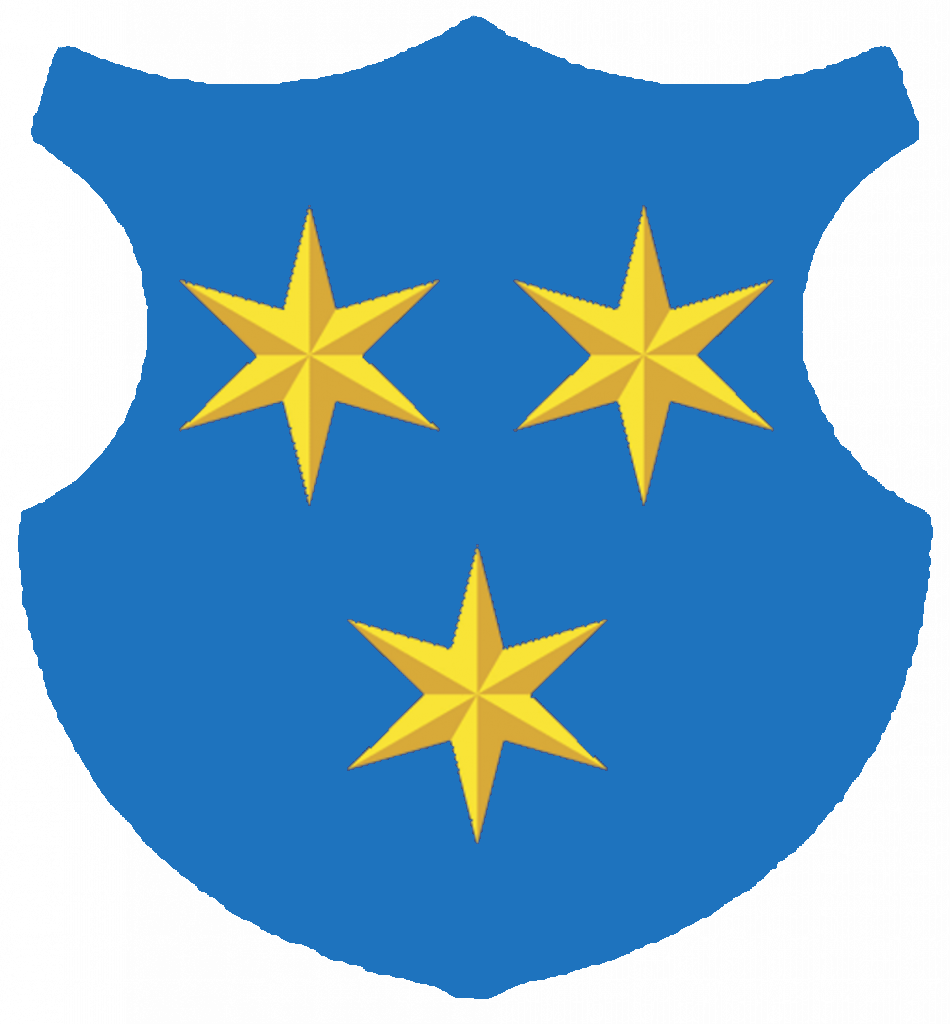Carniolan Suite for Mirror, Fork, Knife, Spoon, Coffee Pot Handle, Teapot and Snuff Handkerchief
On the basis of an educational handbook written in 1659 by A.S. Siezenheim, an officer of the Carniolan Diet, and 122 inventories of aristocratic bequests originating from the periods 1651-60 and 1701-10, the treatise discusses the table manners practised during these two periods. These were standardised by a number of prohibitions and rules, the aim of which was to reduce, restrain and conceal moods, gestures, wishes, thoughts, feelings, touches and glances. These rules of etiquette heightened the touchiness and constraints of society at the time and limited the spontaneity of individuals. This pattern is mirrored in the differentiation of cutlery and tableware, which also draws attention to the introduction of new foodstuffs, such as coffee, tea and tobacco.
The Two of Them Were There When The Old Bag Was Stabbed
On the Crime in the Inn By the Main Trade Route from Vienna to Trieste
On the basis of a detailed description of the judicial inquest into the murder of Jedrt Murn, the innkeeper from Trnava (a town situated by the main trade route Vienna-Trieste), which occurred on the night of July 5, 1840, the author deals with the phenomenon of making foreigners the scapegoat. Although the inquest provided almost conclusive evidence that Jedrt Murn was murdered by her husband Franc, suspicion fell on Italian bricklayers working at that time on the construction of a textile factory in the nearby town of Prebold. The suspicious community, whose fate it was to till the fields, wasted no time in branding these workers as vagrants and rogues, and by seeking in this way, also found scapegoats among them on which they vented their anger at every unpleasant occurrence.
A Sermon on the Friendly, Hospitable and Virtuous Slovenes, Who Are (Were) Not Always Like That
Already a brief survey of the Slovenian publications of the previous century reveals a Slovenian stereotype which is still very much alive today, and which is nothing but a monotonous repetition of the characterisation of Slovenians as diligent, honest, wise, cheerful, friendly, hospitable, hard -working, tidy, steadfast and disciplined, although they constitute a small nation. This self-imposed stereotype was the source of many diverse stereotype images formed of other nations – in particular the neighbouring nations of the Slovenes (like the Germans, Italians, Hungarians, Croats or Jews), which were, as is the rule in such cases, all pejorative, in the same way as the diverse regional stereotypical images of the Slovenes are also pejorative. A special aspect of the concept of “being foreign” is also the attitude adopted towards many artists who were rejected by the patriotic elite in the same way that foreigners and the homeless were, yet who succeeded (possibly for this very reason) in making a name for themselves abroad.
“Gosh! It’s been a Strong Shot”
On the History of the Duel in Slovene Lands
Based on a detailed description of the trail against Emmerich von Gyujto who had mortally wounded Hugo von Poglajen in a duel in 1889, and the response elicited by the trial from the public, the author depicts the attitude towards duelling at the time in the Slovene Lands. Although the Slovenian public at the end of the 19th century regarded the duel as a barbarous and predominantly German practice, the Slovenes also (in particular the intellectuals who became acquainted with the “Mensur” as students) saw in it an important tool for resolving questions of honour. In the Slovene Lands, as elsewhere, the privilege of duelling was regarded as a means of differentiating between the upper and the lower social strata. At the same time, this privilege also served as a bonding element among the upper strata.
It Stank to High Heaven
On the History of Sanitary Conditions in Ljubljana before the First World War.
In his treatise, the author discusses the processes of hygienisation which were under way in the town of Ljubljana at the end of the 19th century. In the period before the earthquake of 1895, filth and stench, writes the author, reigned in Ljubljana. The housing conditions of the lower, and partly also of the middle social strata, were very unsuitable and unhealthy. The post-earthquake or Hribar’s Ljubljana (named after Hribar, who was mayor of the city from 1896-1910), was characterised by its numerous campaigns against filth and the new notions in the field of town hygiene it introduced – in particular the concepts of waterworks and a sewage system, along with detailed construction regulations, more rigorous control of the Sanitary Inspectorate (German: Stadtphysikat) and stricter enforcement of penalties for offenders in the form of fines or gaol sentences. However, numerous examples from every day life at the time indicate that some pre-earthquake customs, habits and conditions in the field of hygiene survived nonetheless. These were, through social education, only replaced gradually by more wholesome customs in the post-earthquake period.
The Problem of Literary Historiography in Slovenia
The predominantly non-narrative orientation of historiography in Slovenia from the time of Franc Kos onward was indirectly influenced by Levstik’s reduction of Slovenian narrative, and directly by the historical awareness of the Slovene nation, which was moulded by Levstik’s idea of national history. This idea established the ideological basis for the process in which national history was gradually supplanted by literary history, which imbued literary science in Slovenia with many nation-forming aspects.

